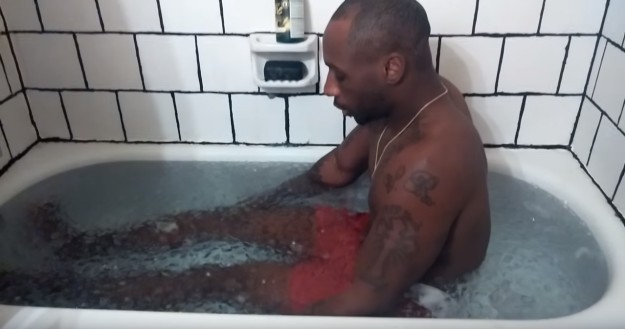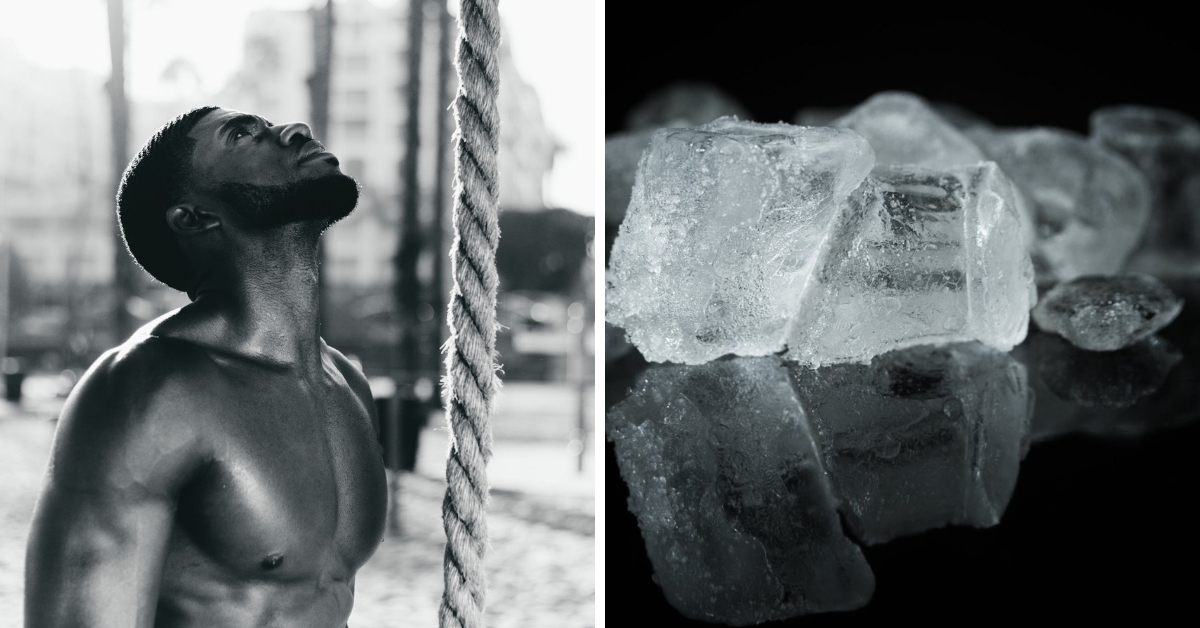
People have different ways to help their body recover after a workout. Getting a full body massage, drinking a protein shake, and taking a hot shower are some of the top choices for post-workout activities.
One would not usually decide to soak their body in a tub of cold water after hours of grinding it out in the gym, until taking an ice bath after exercise became a popular trend in the fitness and sports world.
Cold water immersion has quickly risen to popularity for its ability to help the body recover. By submerging your lower body in cold water, you help your muscles avoid soreness and speed up their recovery.
But recently, the science community has questioned this technique and its effects on the body. Before hopping in a cold bath with your runnings socks, find out how ice bath can really affect you.

The General Theory
Intense exercise such as weight training and cardio workout often causes microtrauma. It is a small tear in the muscle fibres that normally cause soreness or inflammation.
This is the reason why taking an ice bath after exercise came to existence. According to pundits, this cold therapy combats these microscopic muscular damages.
Apparently, these tiny tears in muscle fibres are essential in stimulating muscle cell activity. The goal of a workout is to tear the muscle to allow muscle hypertrophy or the strengthening of muscles.
However, during 24-72 hours of recovery time, microtrauma can also lead to delayed onset muscle pain and soreness, or commonly known as DOMS. This is where ice bath comes to the rescue.
The therapy provides help to the recovery of the body through the help of blood vessels. Ice bath constricts the blood vessel and removes the waste products of workout such as lactic acid.
Taking an ice bath after exercise causes the tightening of the blood vessels. It then drains the lactic acid out of the muscles, which prevents swelling and tissue breakdown.

Limitations
While there is a strong belief that taking an ice bath after exercise speeds up recovery, there are studies that say otherwise.
A study argued that active recovery such as light cooldown is a more effective means to repair and rebuild the muscles. But this research could be more beneficial if it also discusses the benefits of combining both post-workout routines.
Another study even went further as it questioned whether ice bath really helps in reducing inflammation. According to this research, the soreness or inflammation is, in fact, a natural mechanism of the body during recovery. If ice bathing stops this process, then it could be costly than useful for the body.
Despite some criticisms to its impact on the body, ice bath remains as one of the golden standards in workout recovery. However, experts should come up with more studies before the fitness world comes up to a consensus regarding its benefits.
